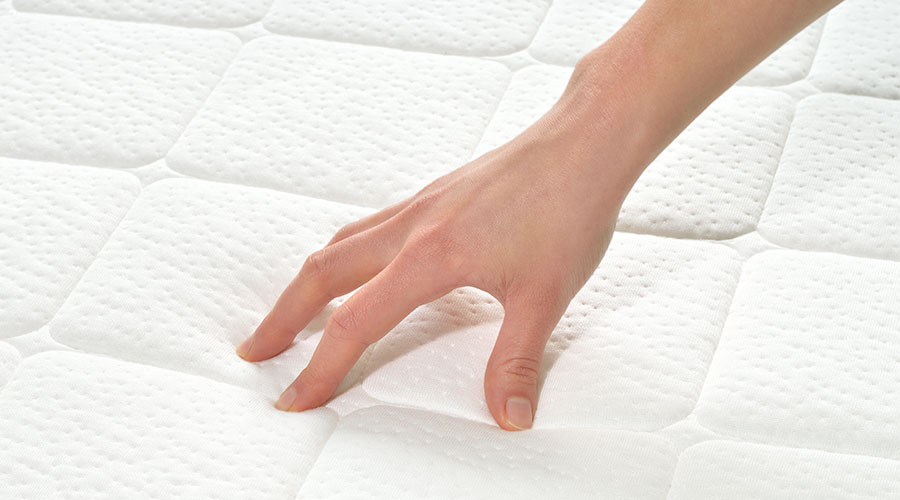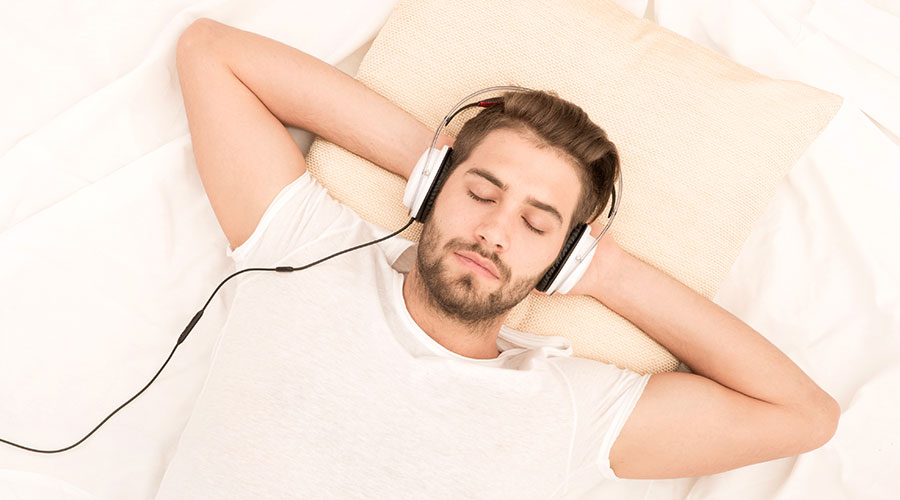
Naps & Productivity
As kids taking a nap could sometimes feel like punishment. No toys, and nothing to entertain us but the back of our eyelids. Well, it turns out we should probably apologize for all the naps we refused to take as nowadays they’re like little midday vacations. In fact, science has shown that that napping actually helps to increase productivity and can improve creativity and intelligence. If you’re working from home, any increase in productivity is a welcome.
According to the CDC, nearly one-third of Americans aren’t getting enough sleep. This lack of healthy rest can have deleterious effects on our health including decreased reaction times, weight gain, hormonal imbalances, and more. We’re also biologically designed to take naps in the afternoon as it’s a natural part of our circadian rhythm. You might be familiar with the 2pm slump.
Studies have shown that toddlers who miss a nap are more anxious and have more trouble solving problems than those who nap regularly. This continues as we age; naps help us manage anxiety and solve problems, but we tend to ignore these positives in order to conform to workplace standards. We use things like coffee or other sources of caffeine when a nap has been proven to be more effective and longer lasting.
One study of more than 23,000 individuals found that napping at least three times a week lowered your chance of developing heart disease by 37 percent. It also has positive effects on blood pressure and can reduce your risk of heart attack, stroke and even obesity.
There are three kinds of naps and four lengths of duration, each with their own benefits.
Types of Naps
Planned napping
Involves taking a nap before you actually feel tired. This is typically used in preparation for an upcoming disturbance to your sleep schedule and is used to compensate for it.
Emergency napping
Can occur during prolonged tasks, or after an unplanned sleep disruption. This type of nap can be a lifesaver when used to combat drowsy driving or fatigue while using heavy and dangerous machinery.
Habitual napping
Practiced by taking a nap at the same time each day. Children may fall asleep at about the same time each afternoon or an adult might take a short nap after lunch (this is our biological circadian rhythm).
Nap Duration
Power Nap
The 20-minute nap, also known as the Power Nap, is one of the best ways to get an extra burst of energy and make it through the rest of the afternoon. Only napping for 20 minutes enables you to get the most out of your short nap without worrying about being groggy or needing extra caffeine to wake up.
Avoid 30
The 30-minute nap is one you want to avoid. Sleeping for 30 minutes leads to sleep inertia which is your body’s way of carrying you into the deeper stages of sleep. This can leave you feeling groggy and worse off than when you laid down in the first place.
Aim for 60
45 to 90-minute naps are when your brain starts to slow down and convert short-term memory to long-term memory which aids in retention. A 60-minute nap is a great way to help you retain information when studying for a test or preparing for a presentation.
90 Minutes
Anything over 90-minutes leads to experiencing a full REM cycle consisting of deep sleep and potentially dreams. These longer naps are ideal for boosting memory and enhancing creativity. These may be hard to come by even when working from home, but if you can find the time, they’re a great way to improve productivity.
Working from home allows us the luxury of a simple stroll to the kitchen for lunch and affords more down time as we aren’t having to drive all over town fighting traffic for a bite to eat or having to eat at a desk. A quick lunch can leave the perfect amount of time for a 20-minute power nap that will have you rocking and rolling until your workday ends.
Image used via Pixabay.com



